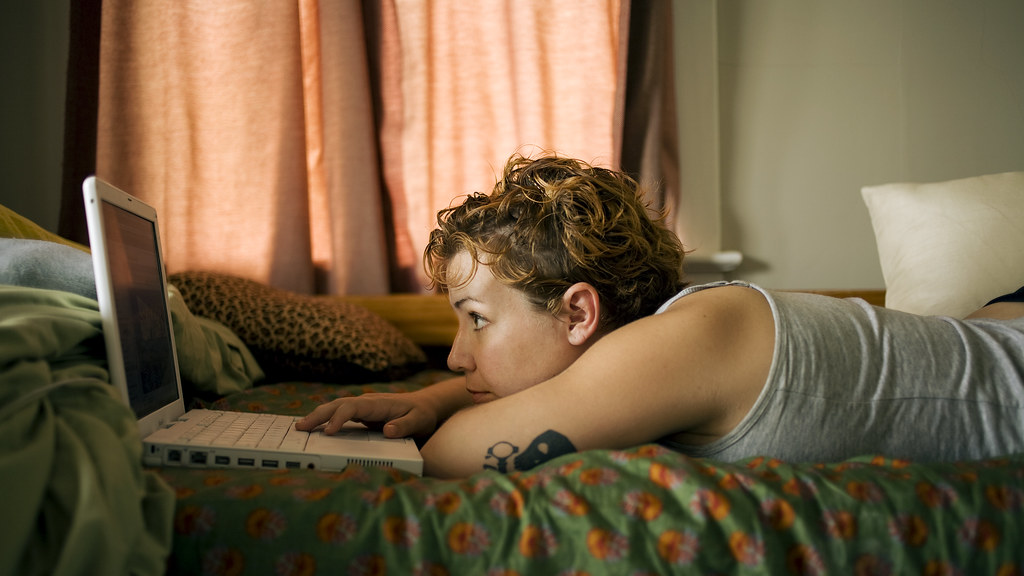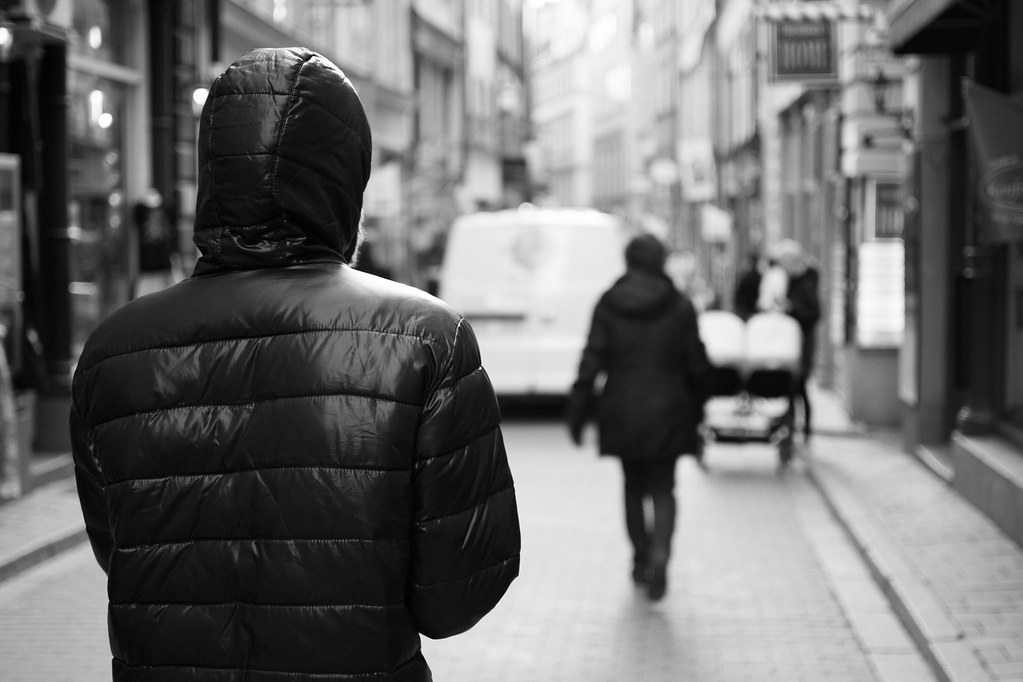 |
| Photo credit: Dominic's pics on Flickr |
As per usual, I'll start by posting the full first 250 excerpt, after which I'll share my overall thoughts, then my redline critique. I encourage you guys to share your own thoughts and critiques in the comments (I'm just one person with one opinion!), as long as it's polite, thoughtful, and constructive. Any rude or mean comments will be unceremoniously deleted.
Let's do this.
Title: SAMANA'S FLAIR
Genre/Category: YA Fantasy
First 250:
"Music beckons the soul from its darkest places. That’s what Demeriz, Samana’s Wanderer-Sister had told her yesterday. Silence surrounded Samana now. The meager glow of the scratch glass torch held by the Flairian warrior behind her and the other slaves couldn’t penetrate the vast cavern’s black corners or the hatred in her heart.
Scrape, scrape, scrape. The wide bone plate she held in both hands rubbed the dry cave bowels, and grit showered her bare toes. She imagined the caverns sheer side as the face of Chief Highest Skies. Since when did Wanderers get dragged into these mines and put to work with Oonans? Anger locked her jaw and clogged her throat; her fingers tight on the tool. She wiped away bits of her black hair and the fine dust that clung to her temples and neck with the back of her wrist.
A triumphant shout rang out and a flash of pure light filled the space. Samana twisted to look for its origin, and was promptly shoved back around by rough hands.
'Keep working flairmaid,' growled Great Claw, her guard. The name suited the way he treated his squad of workers; like a sharp talon digging into their flesh.
Samana snarled under her breathe. How dare he lay a hand on a fellow Flairian. She may be an orphan, but Demeriz had been her family. Tears welled up Samana’s eyes. Where was Demeriz now? Was she forced into these spirits-abandoned shafts of nothing?"
Interesting! I'm definitely getting a lot of world building without info-dumping upfront, which is fantastic, but I do think the first thing I'm noticing is there are a lot of names/proper nouns: Demeriz, Samana, Wanderer-Sister, Flairian, Chief Highest Skies, Wanderers, Ooonans, Great Claw—all on the first page. I'm wondering if maybe there's a way to spread these out a little more, because by the end of the excerpt, it all felt like a ton at once to me.
Still! I do think this is an interesting start. Let's take a second look:
"Music beckons the soul from its darkest places. That’s what Demeriz, Samana’s Wanderer-Sister had told her yesterday. This is a nice image, but honestly I don't see how it relates at all to the rest of the page. My guess is it'll get referenced again later on, but because I'm not seeing an immediate connection, it makes me wonder if maybe another hook would be more effective. Silence surrounded Samana now. The meager glow of the scratch glass torch (Very cool image) held by the Flairian warrior behind her and the other slaves couldn’t penetrate the vast cavern’s black corners or the hatred in her heart. So this here is emotional telling. I've already written a post about how to write emotion effectively, and this is definitely a situation where I think we'd benefit from seeing the emotion and how it affects her rather than being told it's there.
Scrape, scrape, scrape. The wide bone plate she held in both hands rubbed the dry cave bowels, and grit showered her bare toes. So great! Love this imagery. She imagined the caverns sheer side as the face of Chief Highest Skies. Since when did Wanderers get dragged into these mines and put to work with Oonans? Anger locked her jaw and clogged her throat; her fingers tight on the tool. This is close! If you could rewrite this sentence without using "anger" you'd have a great example of shown emotion here. She wiped away bits of her black hair and the fine dust that clung to her temples and neck with the back of her wrist.
A triumphant shout rang out and a flash of pure light filled the space. Samana twisted to look for its origin, andwas promptly shoved back around by rough handsrough hands promptly shoved her back (adjusted to make the sentence more active).
'Keep working flairmaid,' growled Great Claw, her guard. The name suited the way he treated his squad of workers; like a sharp talon digging into their flesh. Nice.
Samana snarled under her breathe. How dare he lay a hand on a fellow Flairian.? She may be an orphan, but Demeriz had been her family. Right now, I have no idea what this means. What does Demeriz have to do with the way she's being treated? How does Demeriz being her family change anything? I know this is something you'd probably explain later, but I have trouble sympathizing with her in the next sentence when I don't really understand the connection. Tears welled up Samana’s eyes. Where was Demeriz now? Was she forced into these spirits-abandoned shafts of nothing?" That said, this is written really well. I like the balance between Samana's emotion and her thoughts. I think we just need a tad more clarification so that the readers understand what's going on and thus can really feel for Samana.
As I said above, I think this is really well done and just needs a tad more so readers can really delve into the story and connect with your protagonist. You're almost there! If I saw this in the slush (and, you know, it fit what I was looking for) I'd keep reading. Overall, great job.
Thanks for sharing your first 250 with us, Emily!
Would you like to be featured in a Fixing the First Page Feature? Keep an eye out for next month's giveaway!
Twitter-sized bite:
.@Ava_Jae talks showing emotion and gradual world building in the 15th Fixing the First Page critique. (Click to tweet)






















